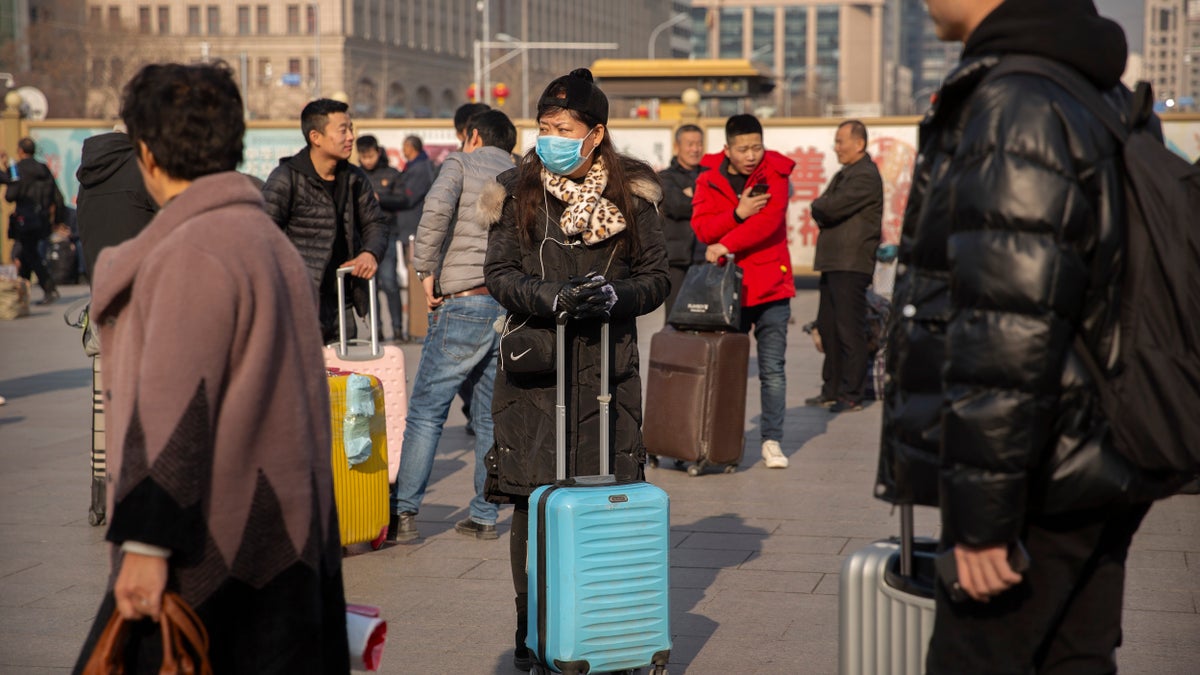Fox News Flash top headlines for Jan. 17
Fox News Flash top headlines for Jan. 17 are here. Check out what's clicking on Foxnews.com
Chinese health authorities said a second person has died after being diagnosed with a coronavirus that’s been linked to a seafood market in the city of Wuhan. The man, identified as a 69-year-old with the surname Xiong, fell ill on Dec. 31 and died on Wednesday, according to the city’s health officials.
JAPAN CONFIRMS CORONAVIRUS CASE IN MAN WHO RECENTLY RETURNED FROM CHINA
Once Xiong was admitted to the hospital, doctors recognized in him abnormal renal function, severe impairment in multiple organs, inflammation of the heart muscle and other issues. At least 41 others have been diagnosed with pneumonia tied to the coronavirus, with most exhibiting respiratory issues and fever. The other patient who died, a 61-year-old man, had abdominal tumors and liver disease before contracting the virus.

A traveler wears a face mask as she stands near the Beijing Railway Station in Beijing. (AP)
Recently, officials said it may be possible that the virus can be transmitted between humans, after a woman whose husband had worked at the Seafood Wholesale Market and fell ill, also contracted the virus despite not visiting the market. However, they also did not rule out that she may have contracted the coronavirus from eating food that the man brought home from the market.
POSSIBLE MYSTERY VIRUS IN CHINA COULD SPREAD BETWEEN PEOPLE, OFFICIALS SAY
Japanese health officials also reported the country’s first case of the virus in a Chinese man who had recently returned from China, and had not visited the market but had “close contact” with someone who had been exhibiting pneumonia symptoms.
CLICK HERE TO GET THE FOX NEWS APP
The man developed a cough on Jan. 3, while still in Wuhan, but was not hospitalized until he returned to Japan on Jan. 6, when he tested positive for the virus. Two others in Thailand have also been diagnosed, but officials have been quick to shut down rumors of a SARS re-emergence, going so far as to punish several people who spread such information online.
Several countries are advising travelers ahead of the lunar new year to take precautions while visiting China, including avoiding live animals and seeking medical attention if any symptoms develop.
The Associated Press contributed to this report.

